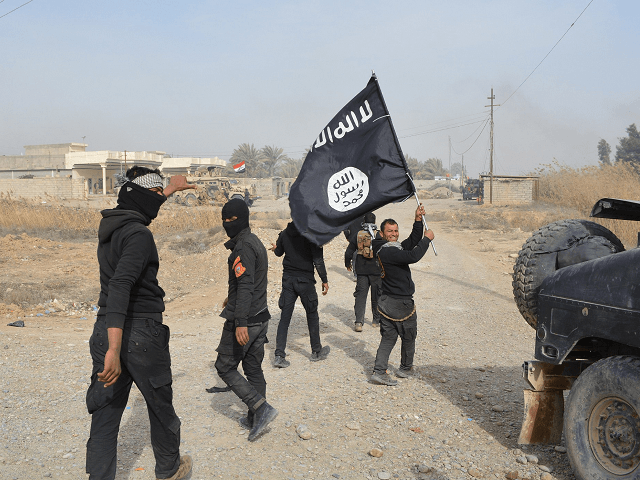British historian Tom Holland writes in The Times:
Like any online magazine looking to attract traffic, Dabiq pulls all the tricks of the trade. Its production values are slick, and its look decidedly glossy. The latest edition, published a fortnight ago, boasts interviews, tales of personal redemption and tips on female fashion. There is even a heart-warming photo of a kitten. The skill with which Dabiq exploits the resources of the internet is a tribute to the mingled resourcefulness and cynicism of the organisation which publishes it: Islamic State.
Yet however cutting-edge the production of the magazine may be, many of its features have a decidedly antique flavour. This, in a magazine devoted to the thesis that the ideal state existed back in early 7th-century Arabia, is hardly surprising. As revolutionaries, the propagandists of Isis are simultaneously radical and conservative, cleaving to a vision of global apocalypse that is founded on their understanding of the age of Muhammad.
The very name they have given their magazine bears witness to their consuming ambition: to head back to the future. Dabiq is a town in northern Syria currently occupied by Isis — and according to a prophecy supposedly made by Muhammad, the End of Days will be heralded by a great battle fought there between Muslim and Christian armies. This is why, on the masthead of every edition, the same message is proclaimed. “The spark has been lit here in Iraq, and its heat will continue to intensify — by Allah’s permission — until it burns the crusader armies in Dabiq.”
In fact, the original prophecy did not mention crusaders at all, but Romans. That modern historians refer to the medieval empire ruled from Constantinople as “Byzantine” should not obscure the degree to which, even after it had lost many of its richest provinces to Islam, it continued to identify itself as Roman. The armies commanded by Qaysar — “Caesar” — were the most formidable adversaries of the original caliphate, on which Isis has modelled its own. Twice the Arabs sought to capture Constantinople; and twice they were flung back. In the wake of these twin failures, Muslims came to believe that the Byzantine capital would only fall to Islam at the End of Days.

COMMENTS
Please let us know if you're having issues with commenting.